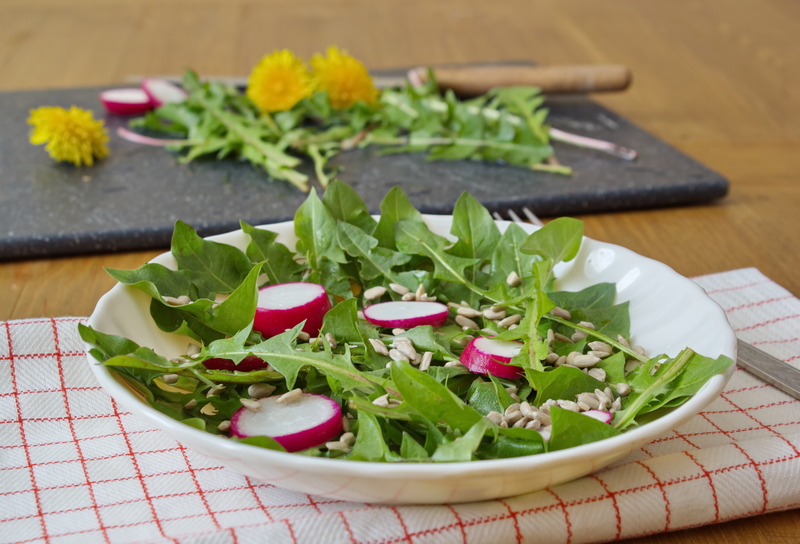Securing Your Initial Gardening Job: A Comprehensive Guide
Embarking on a career in gardening can be both fulfilling and challenging. Whether you're passionate about horticulture or simply enjoy working outdoors, securing your initial gardening job can open the door to a rewarding career path. This guide will help you navigate the steps necessary to land your first gardening job successfully.
Understanding the Role of a Gardener
Before you start applying for gardening positions, it's important to understand what the job entails. A gardener's responsibilities vary but generally include planting, watering, weeding, pruning, and maintaining landscape aesthetics. Knowledge in plant care, pest control, and soil management are also crucial.

Gaining the Right Skills and Knowledge
Education and Certification
While a formal education isn't always required, possessing a degree in horticulture or landscape design can make you more attractive to potential employers. Additionally, obtaining certifications in areas like pesticide application or landscape technology can provide an edge.
Hands-on Experience
Practical experience is invaluable. Volunteer at community gardens, participate in internships, or work part-time with experienced gardeners. This hands-on experience not only hones your skills but also provides networking opportunities.
Creating an Impressive Resume
Your resume should highlight your relevant experience, skills, and education. Include any volunteer work, internships, and part-time jobs that relate to gardening. If you've been involved in specific projects, such as designing a garden or restoring a landscape, be sure to showcase these achievements.
Building a Strong Portfolio
Having a portfolio can set you apart from other candidates. Include pictures of gardens you've worked on, design plans, and any written endorsements from clients or supervisors. A well-organized portfolio can give potential employers a visual representation of your skills and accomplishments.
Networking and Job Searching
Networking
Join gardening clubs, online forums, and attend industry events. Networking with professionals can lead to job openings that might not be advertised publicly. Websites like LinkedIn are also useful for connecting with industry insiders.
Job Boards and Websites
Check job boards that focus on horticulture and landscaping. Websites like Indeed, Greenhouse Management, and the American Horticultural Society's job board are good places to start your search.
Preparing for Interviews
When you secure an interview, preparation is key. Research the company, practice common interview questions, and be ready to discuss your experience and passion for gardening. Bring your portfolio to the interview to visually demonstrate your skills.
Tips for Success in Your Gardening Career
1. **Continual Learning**: Stay updated on industry trends, new plants, and gardening techniques.
2. **Physical Fitness**: Gardening is physically demanding. Maintaining good physical health is beneficial.
3. **Attention to Detail**: The ability to notice small details can make a big difference in maintaining and improving landscapes.
4. **Client Communication**: Good communication skills are essential for understanding and meeting client expectations.
Pros and Cons of a Gardening Career
Pros
- **Outdoor Work**: Enjoy the benefits of working in natural, open environments.
- **Physical Activity**: The job keeps you active and fit.
- **Creative Satisfaction**: Designing and maintaining gardens offers a creative outlet.
- **Job Demand**: There's a consistent demand for skilled gardeners.
Cons
- **Seasonal Nature**: Workload can vary depending on the season.
- **Physical Strain**: The job can be physically demanding and sometimes laborious.
- **Weather Conditions**: Exposure to various weather conditions can be challenging.

Takeaways
- **Gain Experience**: Practical, hands-on experience is invaluable.
- **Develop Skills**: Both educational qualifications and certifications are beneficial.
- **Network**: Building a strong network can open up job opportunities.
- **Portfolio**: A well-maintained portfolio can visually demonstrate your skills to employers.
- **Preparedness**: Prepare thoroughly for job interviews and understand the roles and responsibilities of a gardener.
Conclusion
Securing your initial gardening job requires a blend of education, experience, networking, and preparation. By understanding the role, building relevant skills, and presenting yourself impressively through a resume and portfolio, you can successfully enter the field of gardening. Remember, the path to a rewarding gardening career is paved with passion, dedication, and continuous learning. With the right approach, you'll be well on your way to turning your love for gardening into a flourishing career.





